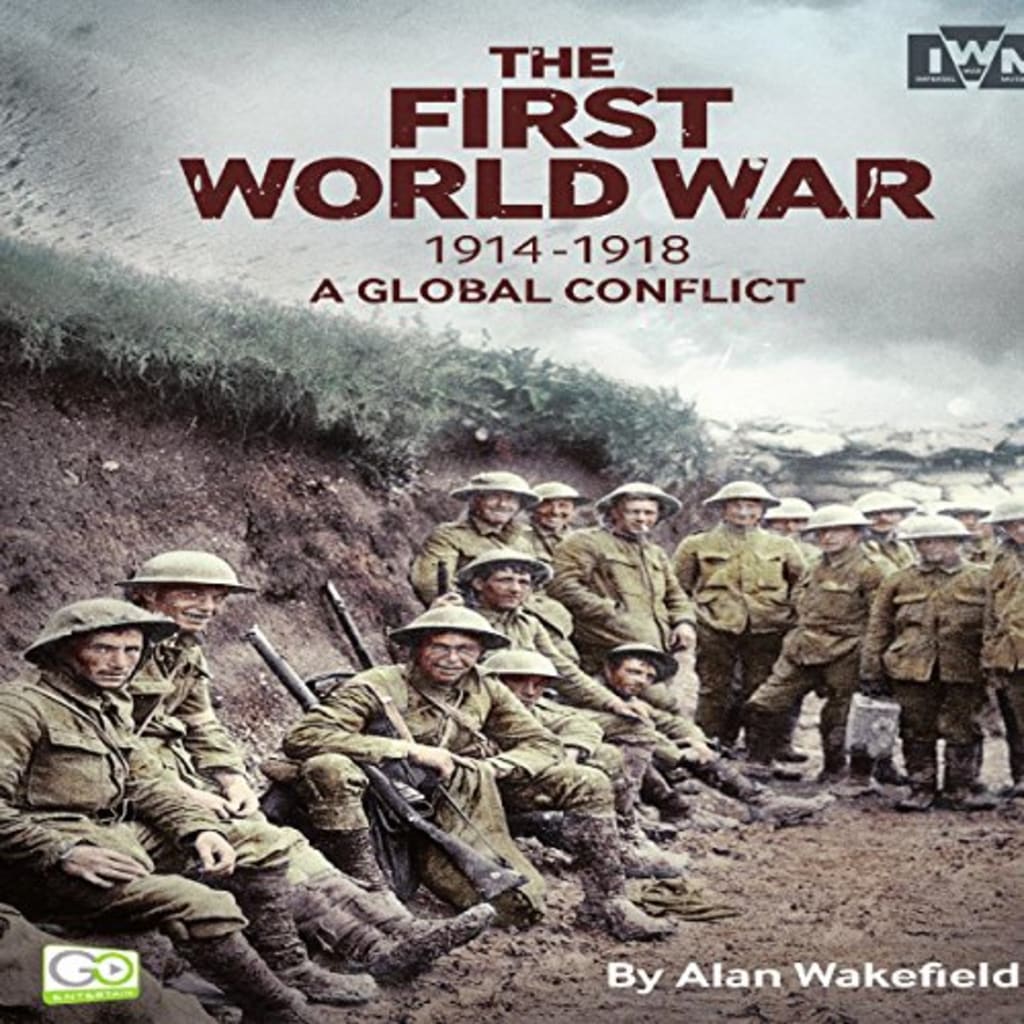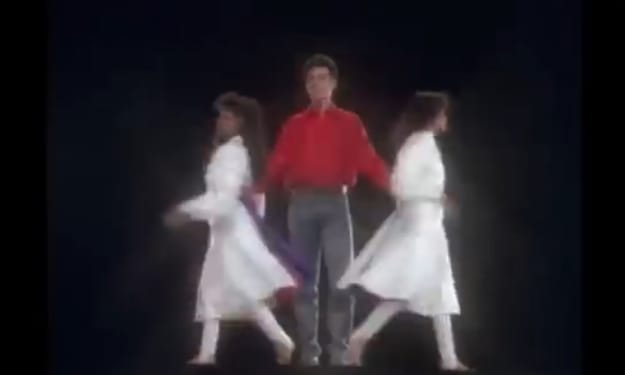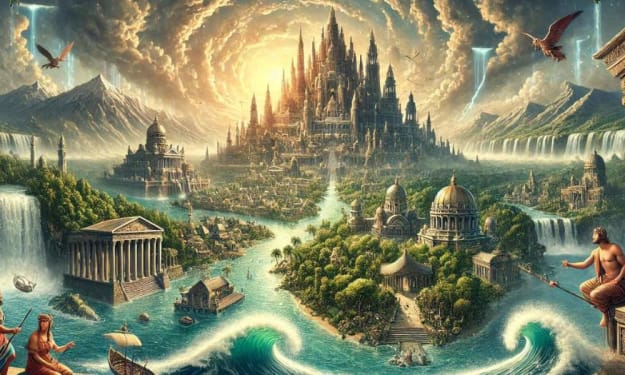**World War I: A Detailed Overview*
World War I, often referred to as the Great War, was a

**World War I: A Detailed Overview**
World War I, often referred to as the Great War, was a global conflict that erupted in 1914 and lasted until 1918. It was one of the deadliest conflicts in history up to that point, involving major powers from Europe, Asia, and beyond. The war fundamentally reshaped political landscapes, economies, and societies worldwide, laying the groundwork for future conflicts and geopolitical shifts.
**Causes of World War I:**
The origins of World War I can be traced to a complex web of political alliances, territorial disputes, and imperial ambitions among European powers. The immediate trigger was the assassination of Archduke Franz Ferdinand of Austria-Hungary in Sarajevo on June 28, 1914, by a Bosnian Serb nationalist. This event set off a chain reaction of diplomatic tensions and military mobilizations that quickly escalated into war.
**Major Powers Involved:**
The principal participants in World War I were the Allied Powers, including France, Britain, Russia, Italy, and later the United States, against the Central Powers, primarily Germany, Austria-Hungary, and the Ottoman Empire. Each side mobilized vast armies and resources, drawing in colonies and territories from around the globe.
**Military Campaigns and Fronts:**
World War I was characterized by trench warfare on the Western Front, stretching from Belgium to Switzerland, where armies dug in and fought a grueling war of attrition. The Eastern Front saw sweeping battles between Germany, Austria-Hungary, and Russia, while the Balkans and Middle East witnessed significant military engagements involving multiple powers.
**Technological and Strategic Innovations:**
The war saw the introduction of new military technologies such as tanks, airplanes, and chemical weapons, which revolutionized warfare but also increased its destructive capabilities. Battles like Verdun, the Somme, and Gallipoli became synonymous with the staggering loss of life and human suffering that marked the conflict.
**Impact on Society and Culture:**
World War I had profound social and cultural effects, disrupting economies, causing widespread hardship, and reshaping gender roles as women took on new responsibilities in the absence of men. The war also prompted artistic and intellectual reflections, giving rise to movements like Dadaism and influencing literature with works like Erich Maria Remarque’s "All Quiet on the Western Front."
**Treaty of Versailles and Aftermath:**
The war finally ended with the signing of the Armistice on November 11, 1918. The Treaty of Versailles, signed in 1919, imposed harsh reparations and territorial losses on Germany, contributing to economic instability and sowing the seeds for future conflicts, notably World War II. The war also led to the dissolution of empires and the redrawing of national boundaries across Europe and the Middle East.
**Legacy:**
World War I left an indelible mark on the 20th century, shaping international relations, political ideologies, and military strategies for decades to come. Its lessons in diplomacy, the dangers of nationalism, and the consequences of unchecked militarism continue to resonate in contemporary discussions of global security and peace.
In conclusion, World War I was a watershed moment in human history, leaving behind a legacy of devastation and transformation that continues to influence the world today. It serves as a stark reminder of the cost of conflict and the imperative of international cooperation to prevent future wars and promote lasting peace.Certainly! Here's a continuation of World War I:
As military operations intensified on multiple fronts worldwide, conflicts in European territories saw alternating victories and defeats. On the Western Front, battles witnessed waves of offensives and counter-offensives between the Allies and the Central Powers. Meanwhile, the Eastern Front sustained a continuous struggle between Russian and German forces, expanding the war's impact globally with the involvement of global empires and their allies.
At the peak of the conflict, after years of bloody battles and strife, an armistice was signed on November 11, 1918, officially ending World War I. Despite halting military conflicts, the war left profound scars on economies and societies, resulting in millions of lives lost and drastic changes in global politics.
This war had lasting effects on modern history, playing a pivotal role in shaping global events for decades to come, making it a crucial turning point in human history.
About the Creator
Mody.com
Start writing...Weight Losshttps://tr.ee/A-ubuqyIFw
Enjoyed the story? Support the Creator.
Subscribe for free to receive all their stories in your feed. You could also pledge your support or give them a one-off tip, letting them know you appreciate their work.






Comments
There are no comments for this story
Be the first to respond and start the conversation.